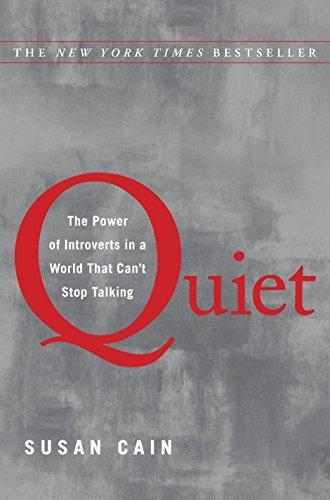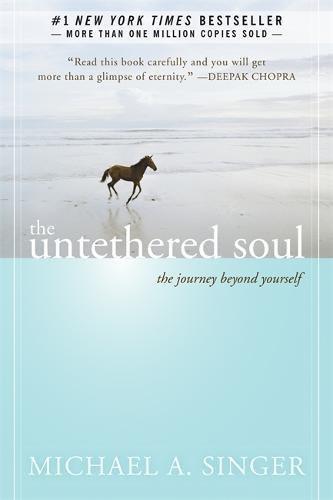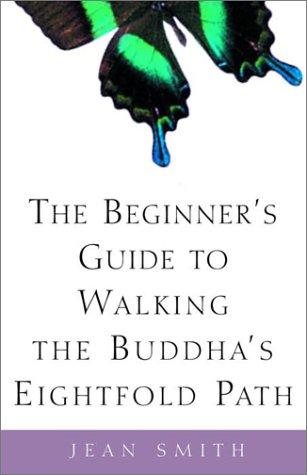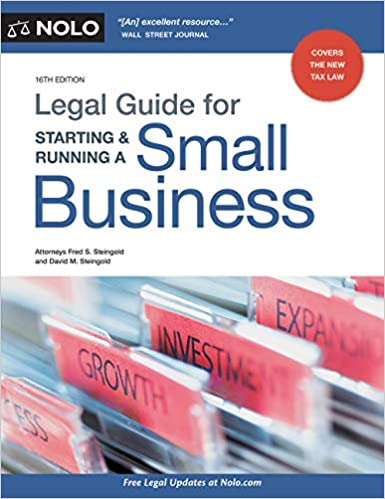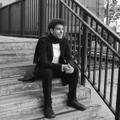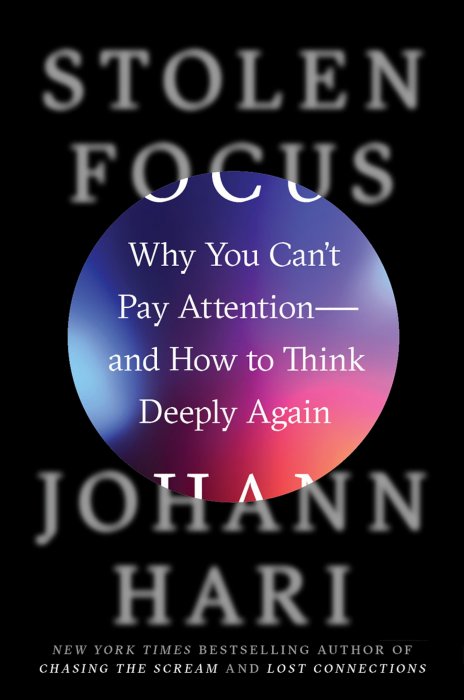All around me, I could see reminders of why I had cast aside my phone in the first place. I sat in Café Heaven, a lovely little place in the West End of Provincetown, and ate an eggs Benedict. Next to me there were two men in, I guess, their mid-twenties. I shamelessly eavesdropped on their conversation while pretending to read David Copperfield. It was clear they had met on an app, and this was the first time they had seen each other in person. Something about their conversation seemed odd to me, and I couldn't place it at first. Then I realized they weren't, in fact, having a conversation at all. What would happen is the first one, who was blond, would talk about himself for ten minutes or so.
Then the second one, who was dark-haired, would talk about himself for ten minutes. And they alternated in this way, interrupting each other. I sat next to them for two hours, and at no point did either of them ask the other person a question. At one point, the dark-haired man mentioned that his brother had died a month before. The blond didn't even offer a cursory "I'm so sorry to hear that"; he simply went back to talking about himself. I realized that if they had met up simply to read out their own Facebook status updates to each other in turn, there would have been absolutely no difference.
I felt like everywhere I went, I was surrounded by people who were broadcasting but not receiving.
Narcissism, it occurred to me, is a corruption of attention -it's where your attention becomes turned in only on yourself and your own ego. I don't say this with any sense of superiority. I am embarrassed to describe what I realized in that week that I missed most about the web. Every day in my normal life sometimes several times a day- I would look at Twitter and Instagram to see how many followers I had. I didn't look at the feed, the news, the buzz- just my own stats. If the figure had gone up, I felt glad like a money-obsessed miser checking the state of his personal stocks and finding he was slightly richer than yesterday. It was as if I was saying to myself, See? More people are following you. You matter. I didn't miss the content of what they said. I just missed the raw numbers, and the sense that they were growing.


